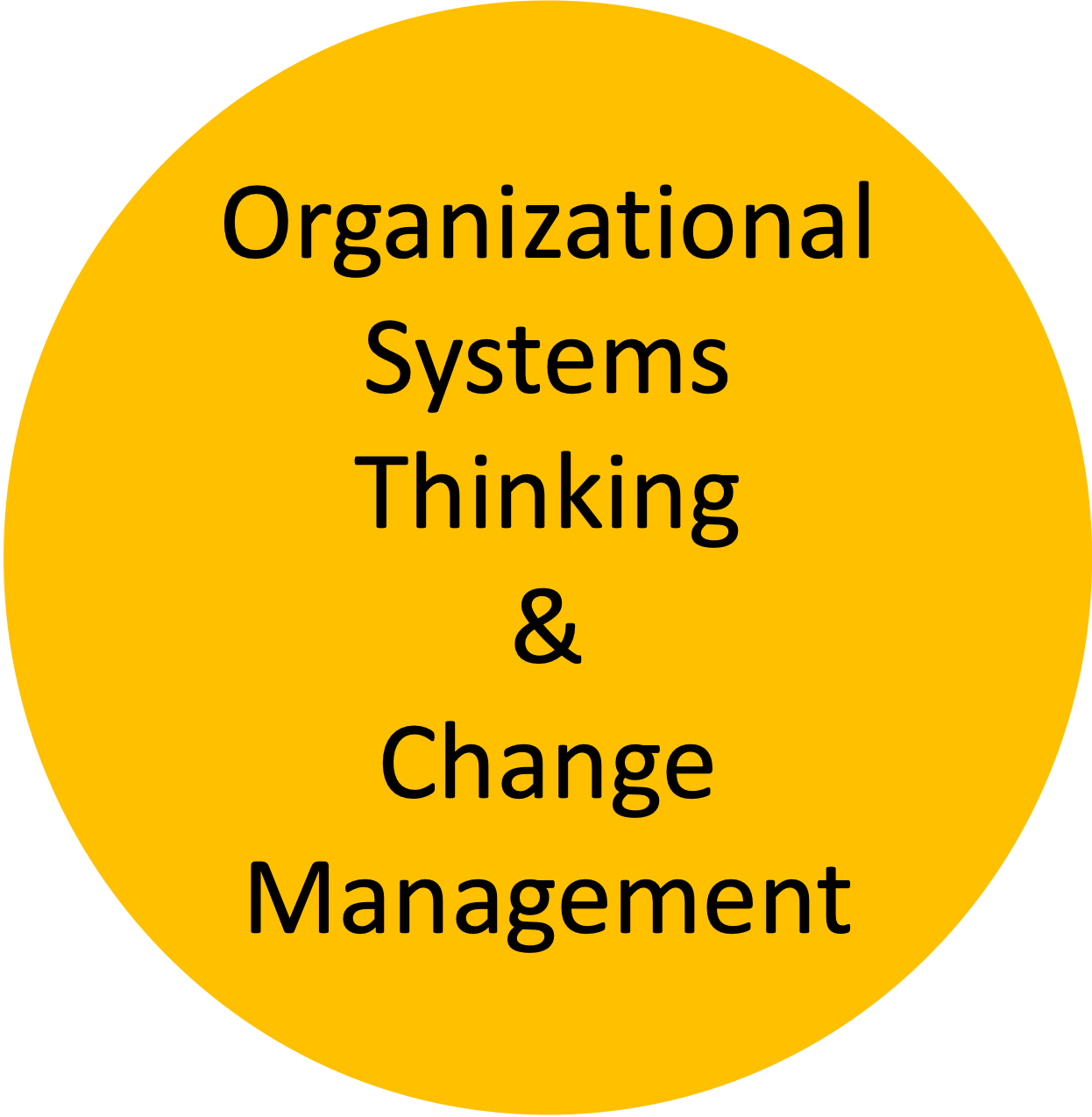The Axia Alignment Approach
Centering People. Aligning Systems. Amplifying Impact.
At Axia, we believe great organizations don’t just focus on what their employees can do for them—they invest in who their people are becoming. They recognize that real value comes from equipping individuals to create meaningful change both within and beyond the workplace.
Through our work, we’ve identified eight core organizational and people capabilities that help workplaces align culture, leadership, and operations in ways that expand opportunity, elevate potential, and support the creation of high-trust, human-centered organizations where people are equipped to make a difference.
If you're ready to explore what alignment could look like in your organization, we’d love to start that conversation with you.
Critical Consciousness.
We help organizations build awareness of how broader societal dynamics—such as power, advantage, and marginalization—show up in organizational cultures. Through guided reflection, teams learn to recognize and interrupt the often-invisible ways these forces shape relationships, decision-making, and outcomes. This work lays the foundation for intentional, values-aligned change.
2. Integral Thinking & Organizational Ambidexterity
Progress often means holding tensions: between innovation and stability, mission/values and sustainability, or safety and accountability. We support organizations in developing the capacity to think integratively and navigate competing demands with clarity, adaptability, and purpose.
3. Intercultural Agility
Differences in worldviews, values, and interaction styles shape how people collaborate. We build intercultural agility by helping teams expand their cultural fluency, deepen mutual understanding, and cultivate flexible, inclusive practices that foster innovation and trust.
4. Strategic Communication + Sense-Making
In any organization, people are constantly interpreting, questioning, and reshaping the meaning of what they see and experience. Strategic communication supports this process by fostering inclusive sense-making across a range of cognitive styles, life experiences, identities, and ideological perspectives.
We help leaders and teams engage in intentional “sense-giving”—the practice of sharing reflections and organizational direction with clarity, while remaining open to being influenced by others’ perspectives. Our approach emphasizes communication as a dynamic, relational process that aligns people across difference without flattening it—supporting shared understanding, commitment, and adaptive movement.
5. Intergroup Dialogue
We believe meaningful connection is a core organizational strategy—not just a communication tool. In complex, diverse workplaces, authentic dialogue enables people to build relationships, navigate difference, and co-create a shared sense of direction.
We design and facilitate structured dialogue processes that surface tensions, deepen mutual understanding, and build trust across cognitive, cultural, identity, and experiential lines. These conversations don’t just clarify perspectives—they strengthen collaboration, reveal new possibilities, and support collective alignment in the face of complexity and change.
6. Organizational Systems Thinking & Change Management
Opportunity is realized when workplace systems are intentionally shaped to reflect a high value of their people—their contributions, well-being, and lived experiences. We help organizations examine how routines, policies, and decision-making practices shape culture and outcomes—and support alignment between operations, values, and the conditions people need to do their best work.
But aligning systems is rarely a linear process. Change often brings uncertainty, and organizations must navigate the tension between people’s need for stability and the evolving conditions that demand adaptation. We help teams engage this complexity with clarity and care—building the trust, structure, and shared understanding needed to support meaningful and sustainable shifts.
7. Accountable Engagement
Accountability is more than reporting—it’s relational. We support organizations in building transparent, feedback-rich cultures where teams take responsibility for learning from impact, not just intent, and apply those lessons to drive more effective outcomes.
8. Resilience & Sustainability
Long-term change requires staying power. We help organizations strengthen their ability to navigate disruption, sustain momentum, and address the emotional and relational impacts of change—so their people, practices, and commitments can remain aligned through challenge and transition.









